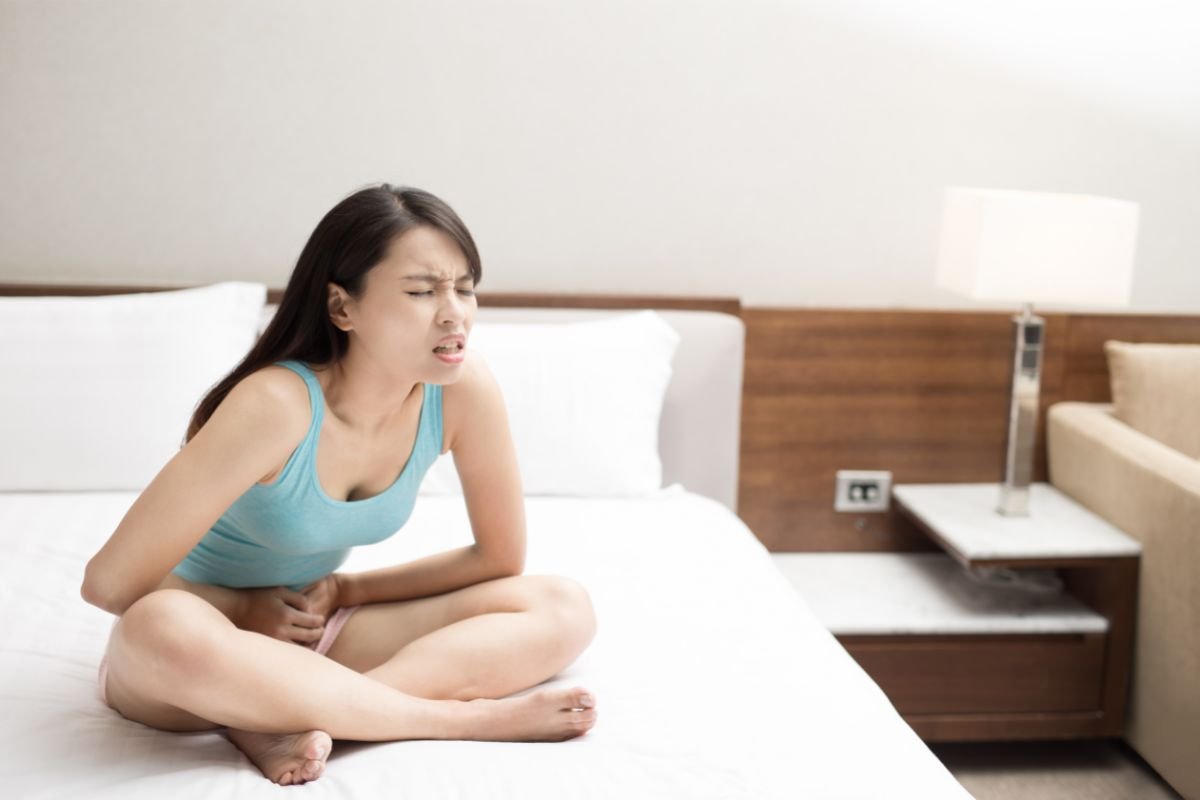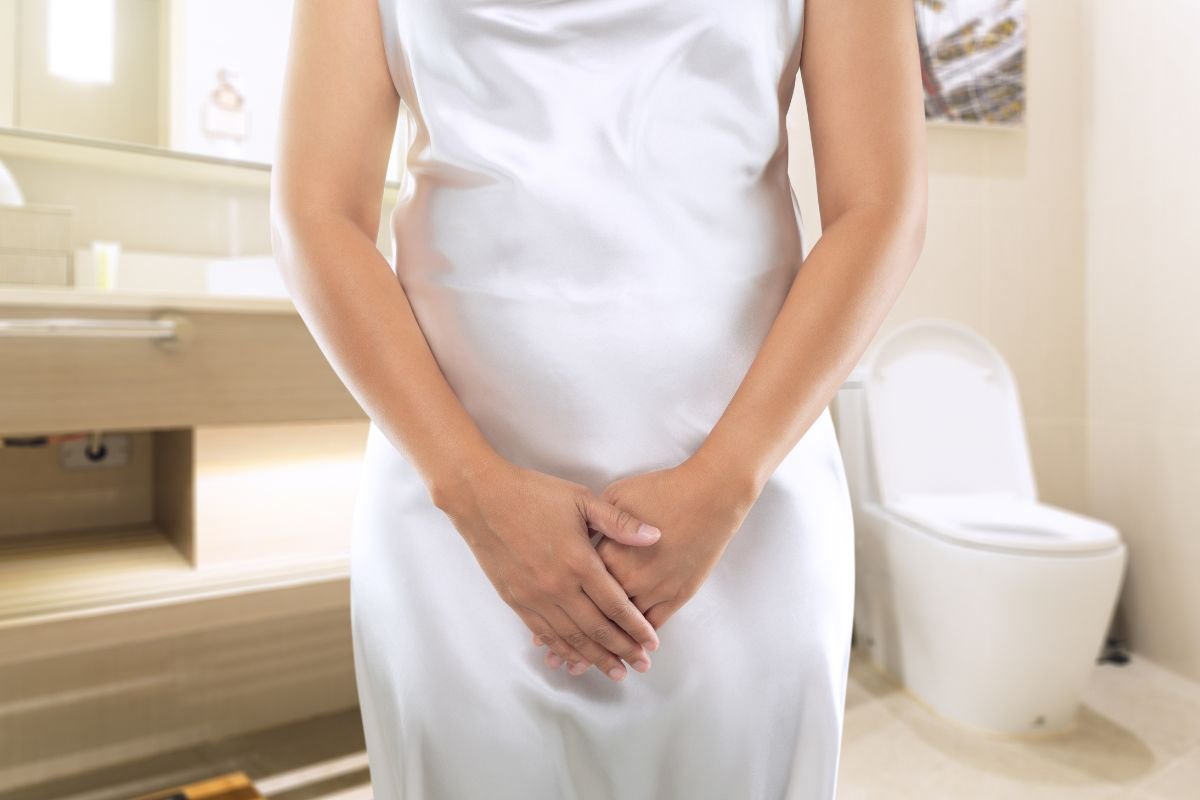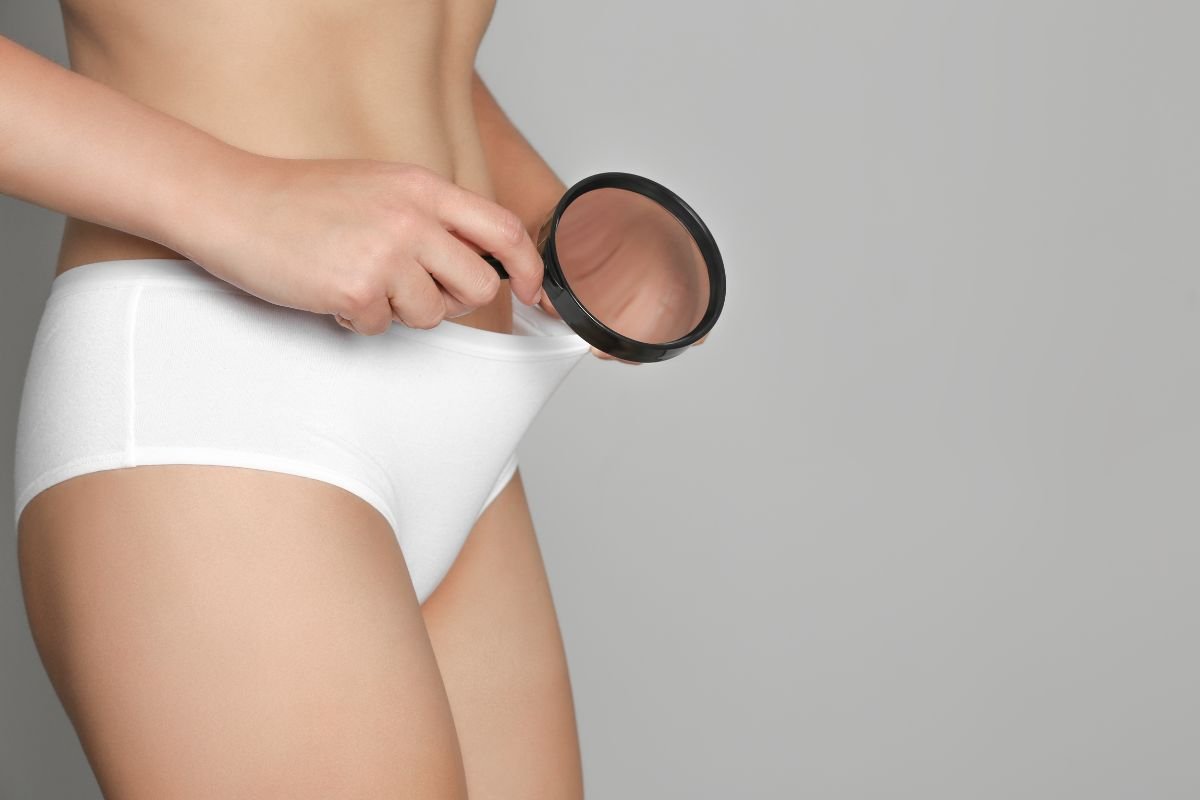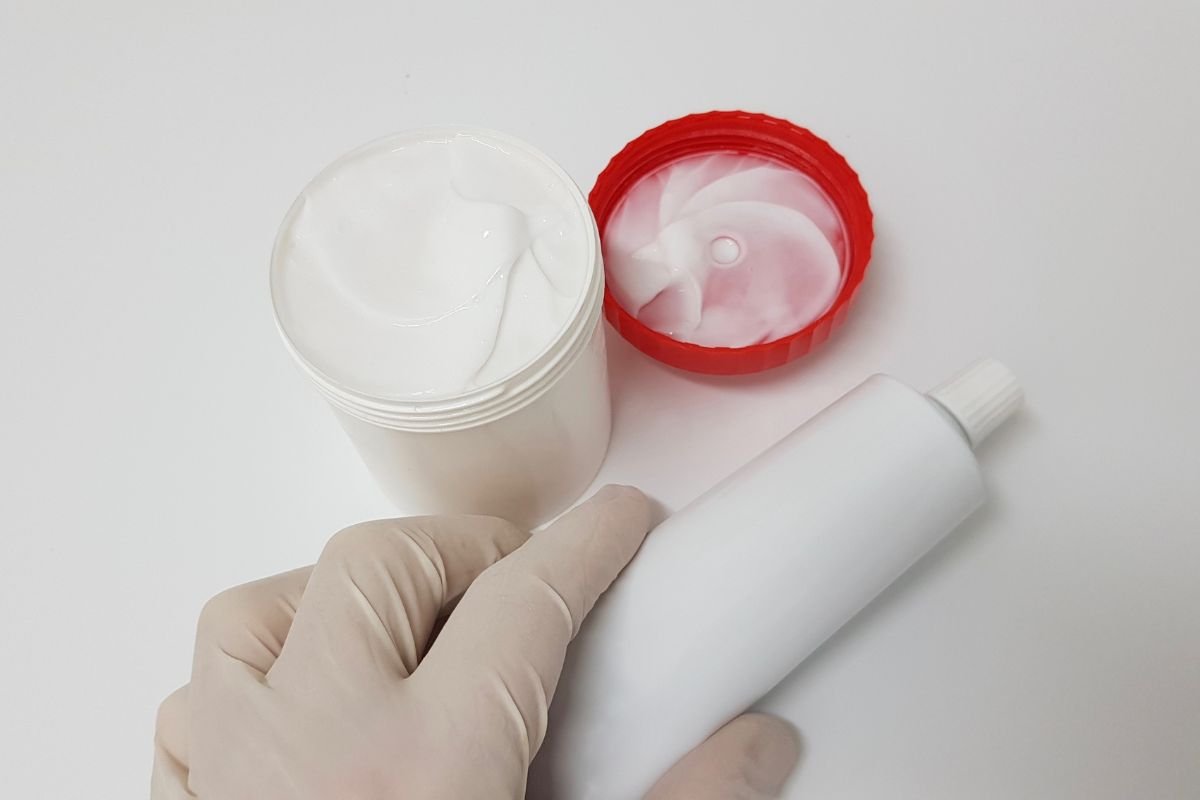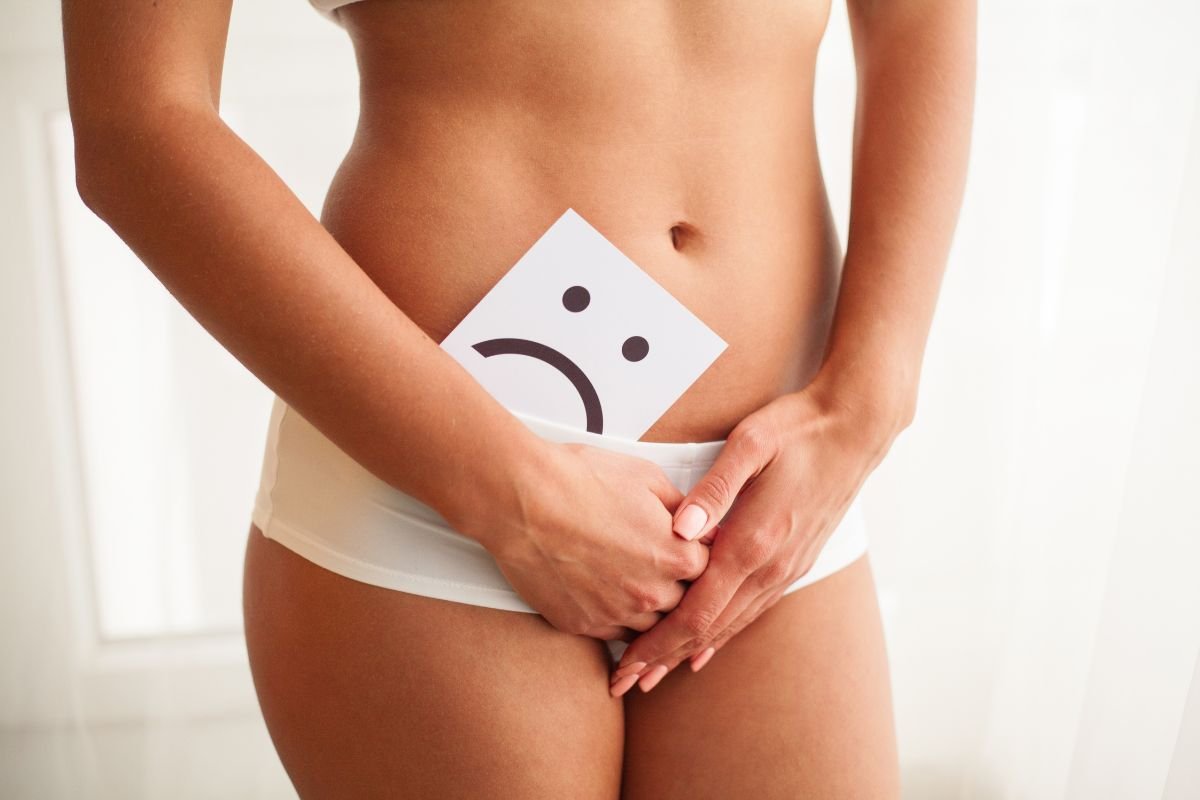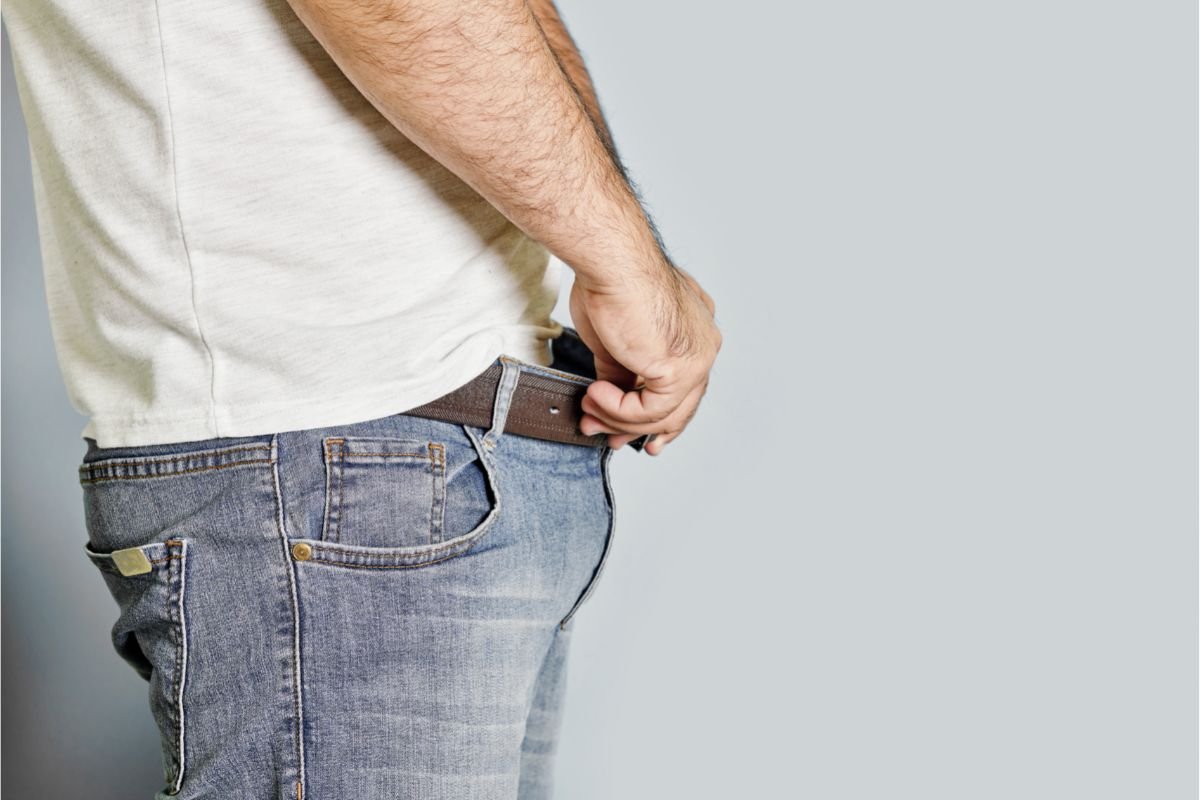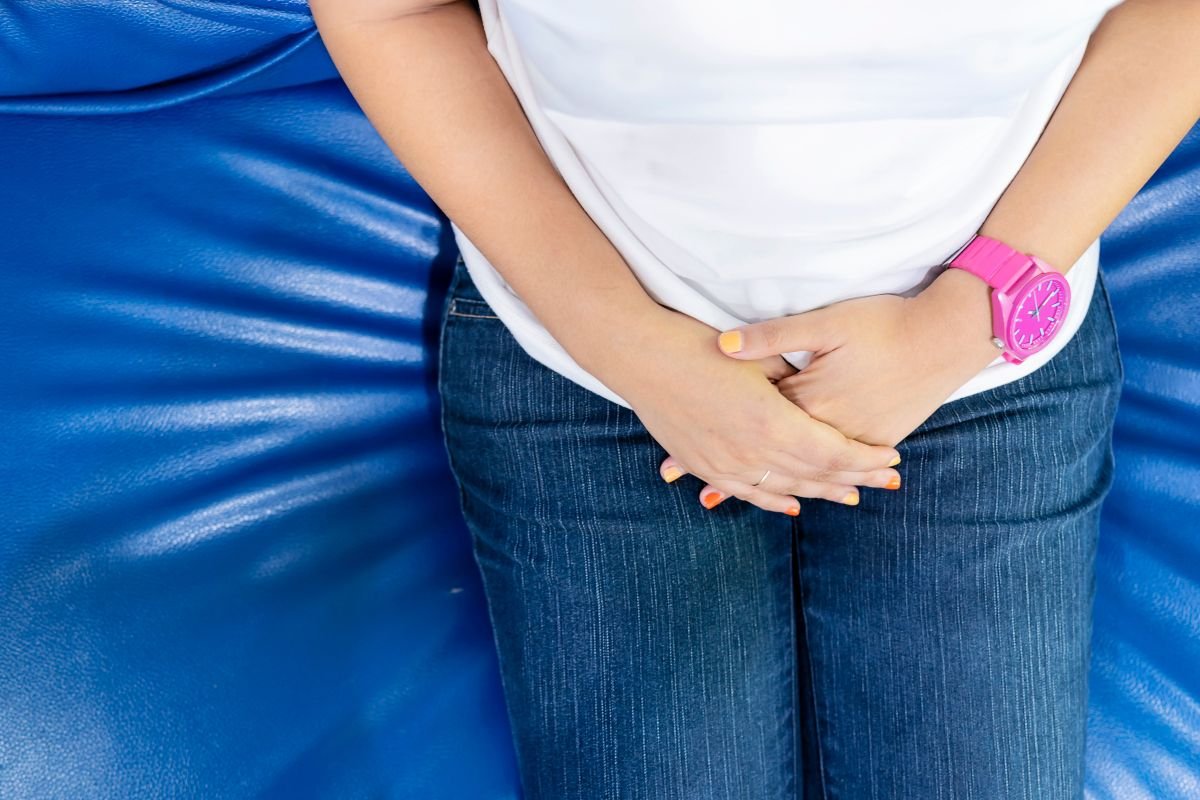It can be incredibly uncomfortable to have a yeast infection during your period. You may be frustrated trying to figure out why you’re getting the infection each month and how to prevent it.
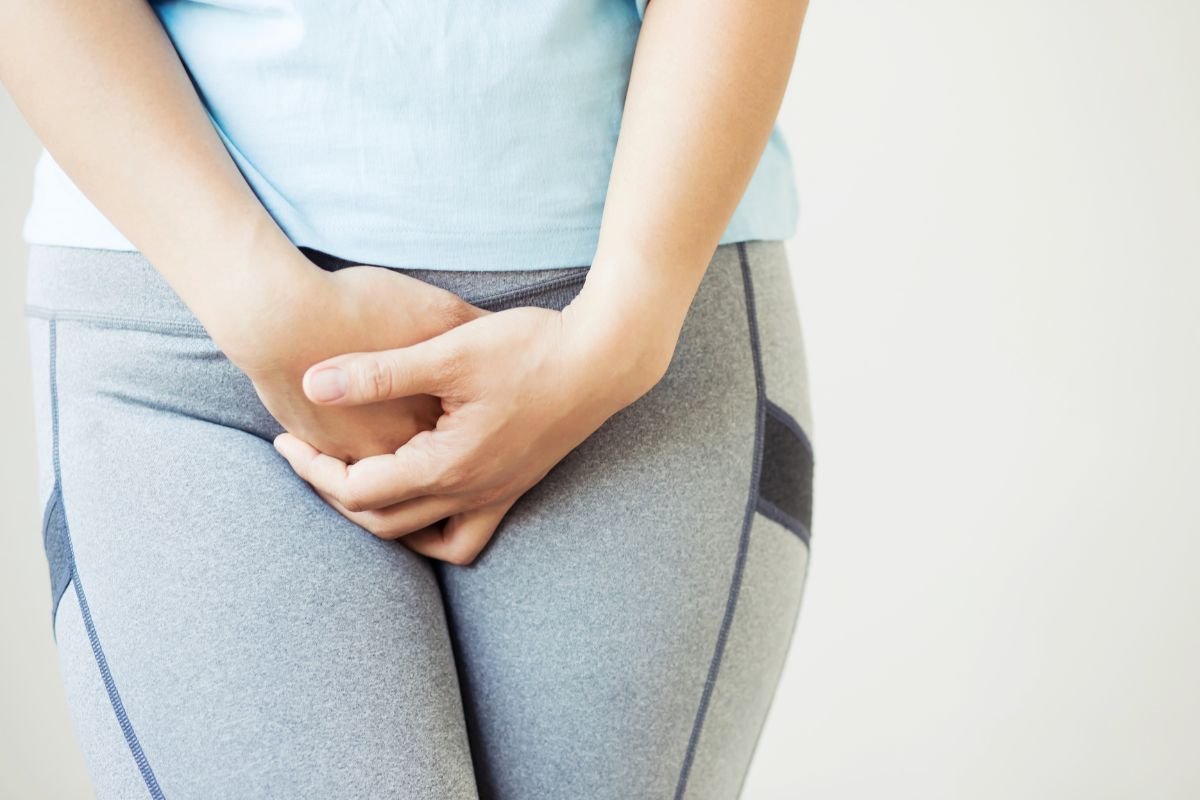
Yeast infections are very common infections caused by an overgrowth of the fungus. They typically cause irritation and itchiness in the genital area, but can also appear in other parts of the body.
Although there could be many underlying causes for a yeast infection occurring after your period, hormone changes seem to play a major role.
There can be various other factors that place one at higher risk for developing these recurrent infections, such as damp clothing or feminine hygiene products that alter the pH balance of our vaginal walls.
In this article, we will discuss what might cause yeast infections after periods and ways to reduce recurring episodes.
How Do You Find Out If You Have A Yeast Infection?
Diagnosing a yeast infection can be done in several ways. Your doctor will start by asking about your symptoms and medical history and then may perform a pelvic exam to look for signs of the infection.
If they cannot see any discharge, they may take a swab from the inside of your vagina to collect cells, which will be sent to a lab for examination.
This is especially important if you have recurrent yeast infections or if your symptoms are not responding to treatment.
Lab tests can also be ordered by your doctor to confirm the diagnosis of a yeast infection. These tests can detect the presence of specific strains of yeast that are associated with this infection.
The results from these tests can help determine the best course of treatment for you, as well as provide information on how likely it is that you will experience future infections.
Why Can You Get A Yeast Infection After Your Period?
Yeast bacteria infections immediately after your period are caused by fluctuations in hormone levels. Estrogen is the primary hormone that can cause an imbalance of bacteria and yeast in the vagina.
As estrogen levels drop, it can kill off the good bacteria that keep yeast in check, allowing Candida to overgrow and cause a yeast infection.
Progesterone is another hormone released during your cycle, which helps the cells destroy Candida.
These cycle changes on and off, in terms of the bacteria, can result in a yeast infection.
What Risk Factors Can Cause A Yeast Infection After Period?
Yeast infections are a common condition that can be caused by an overgrowth of the fungus Candida.
Certain risk factors can increase the likelihood of developing a yeast infection, such as antibiotic use and a weakened immune system.
Antibiotics are used and designed to kill bacteria that cause illness, but they can also destroy good levels of bacteria during this process. This process can cause an overgrowth.
People with weakened immune systems may also be more prone to developing yeast infections because their bodies have difficulty fighting off any type of infection.
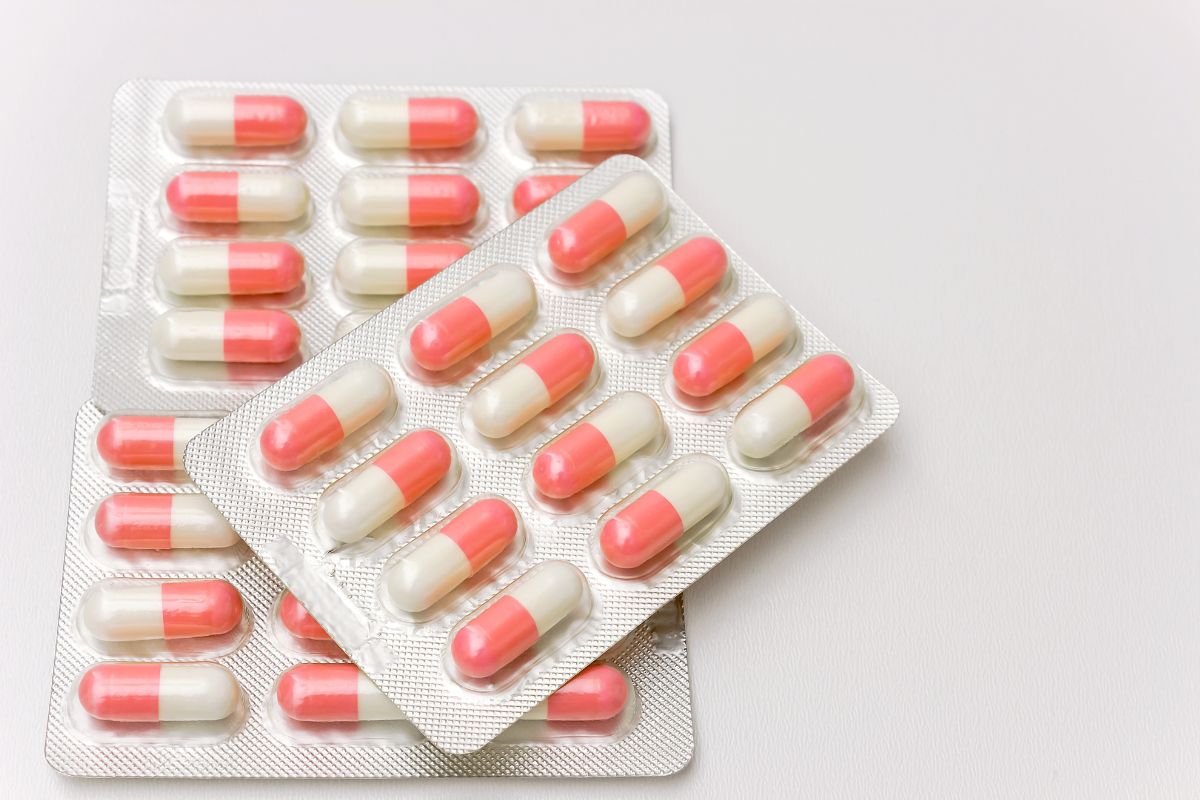
Those who take certain medications may find that they can suppress their immune system and may be at an even higher risk of developing yeast infections due to the imbalance in bacteria levels.
Additionally, some people are just more likely unfortunately to develop yeast infections after their period due to hormonal changes during this time.
Do All Women Experience Yeast Infections After Their Period?
It is important to note that not all women will experience yeast infections after their period.
If you experience any of the symptoms, it is important to seek medical advice from your doctor as soon as possible, so they can diagnose and treat your condition accordingly.
What Are The Main Symptoms To Tell You That You Have A Yeast Infection?
Yeast infections actually are a common and uncomfortable condition that can affect both men and women.
It’s important to note that not all those who have yeast infections will have the same symptoms if any at all.
But some may include, redness or a distinct burning sensation when urinating, an itching sensation around the vulva, and or vagina, and thick discharge that can emulate cottage cheese consistencies.
These symptoms can be quite uncomfortable and may cause distress for those affected by them.
The most likely and common symptom is intense itching and burning around the vulva and vagina.
If left untreated, it can lead to more serious health problems such as pelvic inflammatory disease or urinary tract infections.
Treatment for yeast infections typically involves antifungal medications taken orally or applied directly to the affected area (Also check out How To Use Mupirocin For Yeast Infection).
How Can You Prevent Yeast Infections After Your Period?
Preventing yeast infections is an important part of maintaining good health. There are a few lifestyle changes that can help reduce the risk of yeast infections reoccurring.
First, it is important to avoid antibiotics unless absolutely necessary, as they can kill the beneficial bacteria in your vagina.
Additionally, eating probiotic foods, such as yogurt, can help promote good bacteria in your system.
Yeast infections thrive in warm environments, so try to get changed out of your workout gear as soon as possible and the same goes for bathing suits.
Lastly, practice good hygiene by washing regularly with mild soap and water and drying thoroughly afterward.
Following these simple steps can help prevent recurrent yeast infections and keep you feeling healthy and comfortable.
Final Thoughts
Yeast infections are a common and uncomfortable condition that can occur after periods.
It is important to recognize the symptoms of a yeast infection, and then you can seek medical advice and treatment as soon as possible.
Additionally, there are lifestyle changes you can make to reduce your risk of recurrent yeast infections, such as avoiding antibiotics unless absolutely necessary, eating probiotic foods, wearing cotton underwear and loose-fitting bottoms, and practicing good hygiene.
- Yeast Infection Vs Herpes - January 26, 2023
- How Long To Wait For Sex After Yeast Infection Treatment - January 26, 2023
- Yeast Infection Vs STD - January 26, 2023

